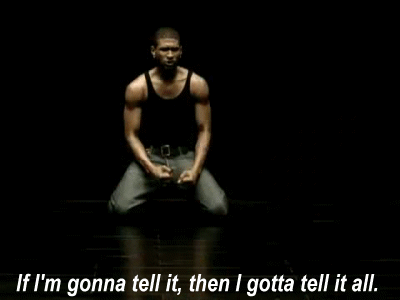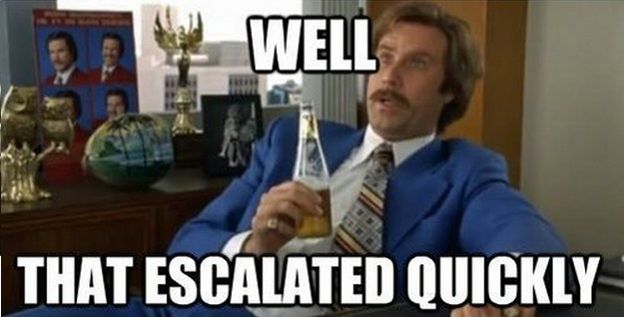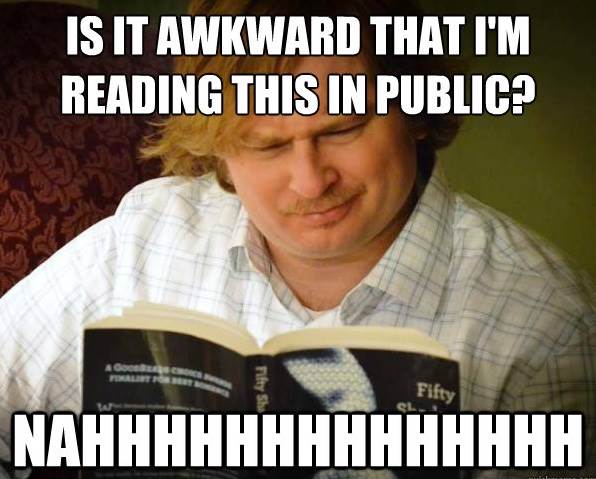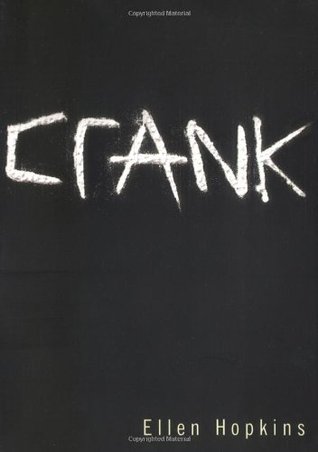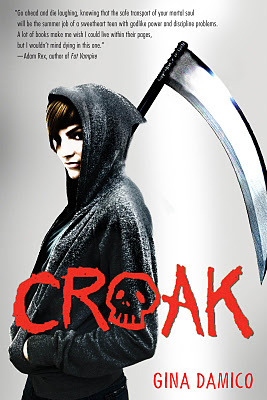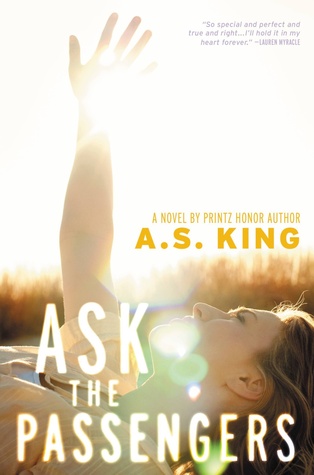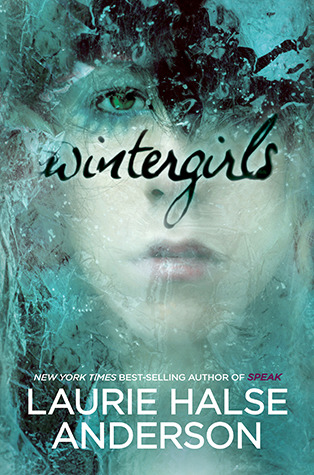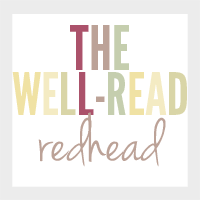Author: Jennifer Niven
Publisher: Knopf
Publication Date: January 6, 2015
Source: borrowed from Jennifer at The Relentless Reader
Summary from Goodreads:
Theodore Finch is fascinated by death, and he constantly thinks of ways he might kill himself. But each time, something good, no matter how small, stops him.
Violet Markey lives for the future, counting the days until graduation, when she can escape her Indiana town and her aching grief in the wake of her sister’s recent death.
When Finch and Violet meet on the ledge of the bell tower at school, it’s unclear who saves whom. And when they pair up on a project to discover the “natural wonders” of their state, both Finch and Violet make more important discoveries: It’s only with Violet that Finch can be himself—a weird, funny, live-out-loud guy who’s not such a freak after all. And it’s only with Finch that Violet can forget to count away the days and start living them. But as Violet’s world grows, Finch’s begins to shrink.
My Review:
I was all over the place with this book. In the end, it did get a thumbs-up from me, but I had quite the journey getting there.
My initial impression of All the Bright Places was that it's a perfect fit for John Green fans. It's hard not to be reminded of The Fault in Our Stars, as Violet and Finch (both depressed and "damaged" in their own ways) meet at the top of a bell tower, contemplating suicide for different reasons. They manage to get off the ledge, and so starts a quirky romance between the two. It's that careful mix of sad-but-funny that made me want to compare it to TFIOS right off the bat.
After that first reaction, though, I started to have a bit of trouble with Finch. I just couldn't understand his character's MO. His suicidal ideations seemed almost flippant, almost as if he was trying out the whole suicide idea just to see if he could add to the odd reputation he had at school. (I would like to stress that I am not implying that real-life suicide victims take that action as an attention-seeking behavior. Just that Finch, in the way his character was written, seemed to have no solid reasoning behind/basis for his suicidal thoughts, which made it hard for me to make sense of him, as the reader.) Finch started to come off as over-the-top for over-the-top's sake, which made me lose interest a bit.
However, the novel takes quite a turn in the last third. The mental health and family issues that Finch is dealing with become much clearer, putting his past actions into a more focused context. Many of the funny/humorous elements of the text begin to fade, as Violet starts to realize what Finch is really all about. In the end, I was left with a conclusion that was far more poignant and emotional than I ever expected at the book's beginning.
In hindsight, I know that Niven's treatment of Finch's character early in the novel was intentional. By the end of the book, I felt bad about my initial impression of Finch as cheeky or superficial, as he was clearly behaving in such a way to keep his family and friends in the dark about his problems. This, combined with the maddening lack of attention from his immediate family, creates a perfect storm--and herein lies your biggest lesson from this book. Niven manages to fool the reader about Finch's true nature, just as Finch is fooling all of his closest contacts.
All the Bright Places is a young adult novel, but one with a message. It has much to say, and Niven has found an impactful way to say it. This isn't exactly a feel-good novel, but the way it approaches suicide and mental health makes it worth any reader's time.
What's the last book you read that had, not a plot twist, but a good character twist thrown in? Someone who turned out to be not at all what they originally seemed?





